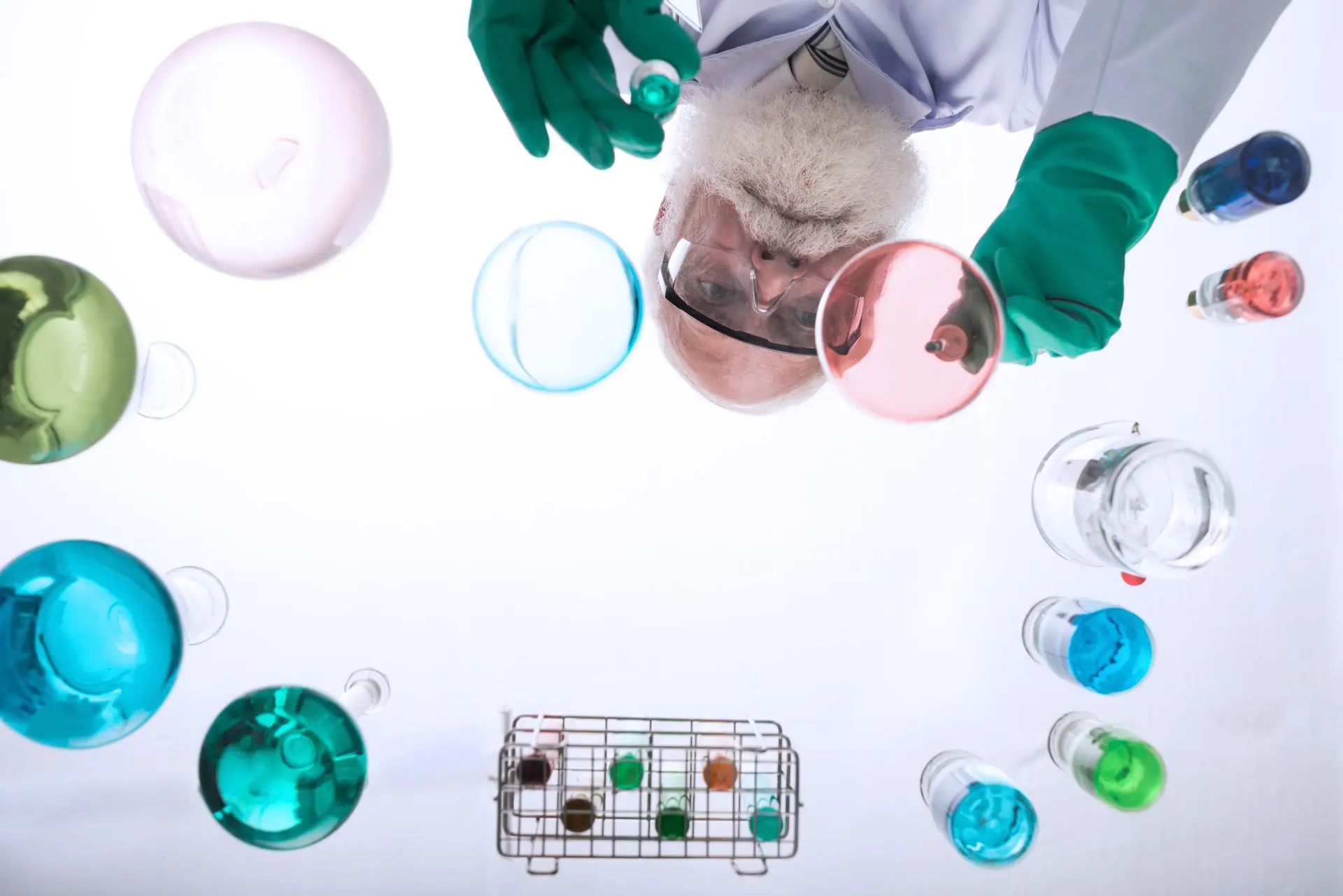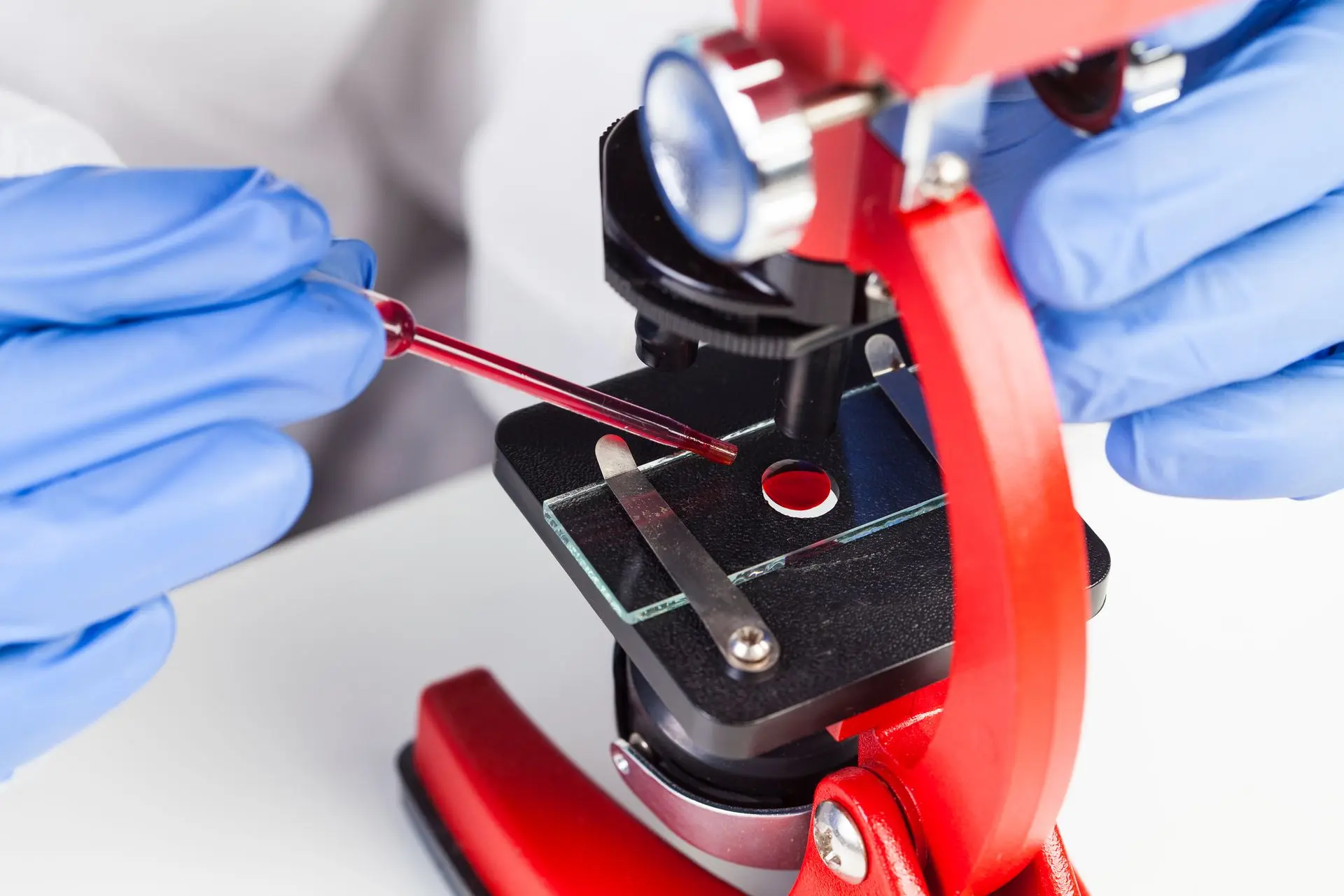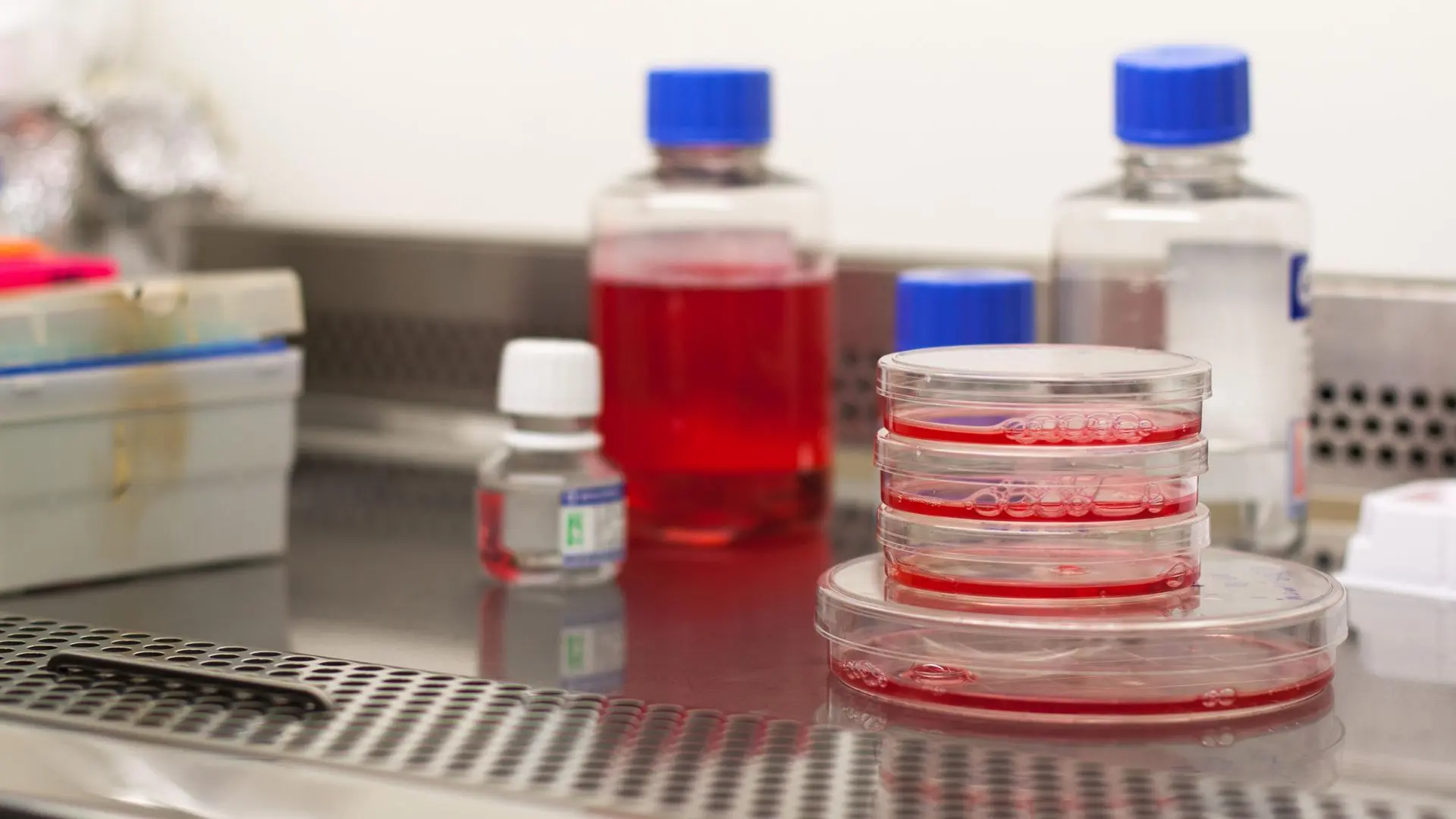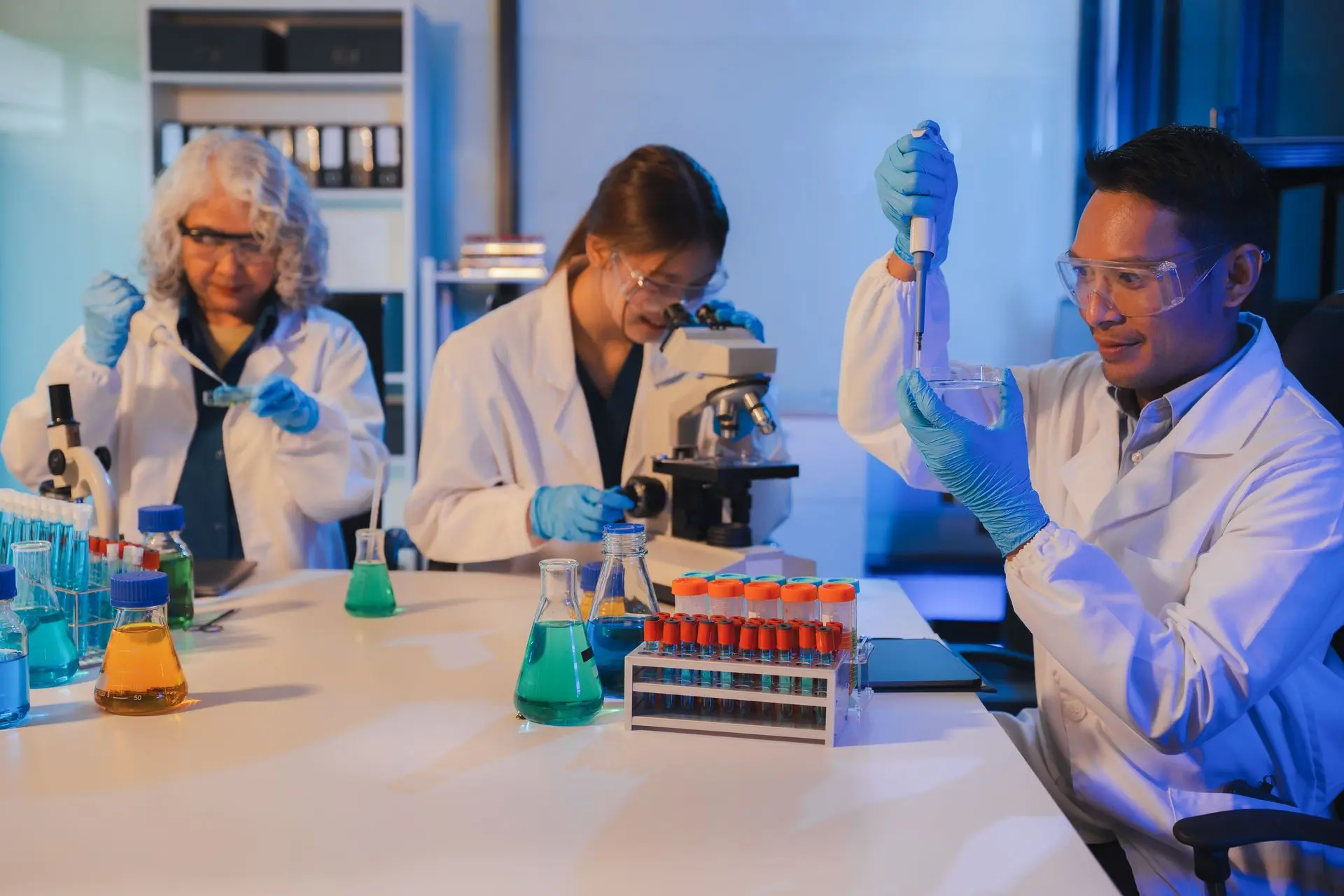What Happened to the Science?
The Role of Social Networks in influencing Health Policy: the Case of Misoprostol andthe WHO Model Essential Medicine List.

L'AMASA Project continue d'explorer des solutions pour améliorer l'accès aux médicaments essentiels, en se concentrant sur les défis rencontrés dans les régions à faibles ressources. Nous poursuivons la recherche pour contribuer à des améliorations du système de santé, notamment dans les zones où l'accès aux soins est limité.
Key Achievements So Far
Policy Influence:
AMASA has provided valuable insights into ongoing discussions about pharmaceutical accessibility and regulation.
Research Impact:
Studies conducted in South Africa, Uganda, and India have offered a better understanding of medicine delivery systems.
Stakeholder Collaboration:
The project has engaged a variety of partners, from healthcare providers to policymakers, ensuring that solutions are rooted in local realities.
Expanding the Reach and Impact

Research Expansion:
Continued research into regulatory frameworks and healthcare systems in more countries.

Collaborative Efforts:
Strengthening partnerships with local and global stakeholders to ensure tangible outcomes.

Evidence-Based Solutions:
Developing recommendations to improve the accessibility and affordability of essential medicines based on research findings.
The Case of Misoprostol and the WHO Model Essential Medicine List" examines how scientific evidence and social networks shape health policies. Specifically, it highlights the influence of advocacy groups, healthcare professionals, and policy makers on the inclusion of Misoprostol in the WHO Model Essential Medicines List. This case underscores the complex interaction between scientific data, political influence, and social networks in determining which medicines are prioritized for global health policies, reflecting both scientific advancements and the broader societal and economic factors that drive policy decisions.

Together, we can improve access to essential medicines and contribute to better healthcare systems in vulnerable regions. Join us in working toward a future where healthcare is accessible to all.